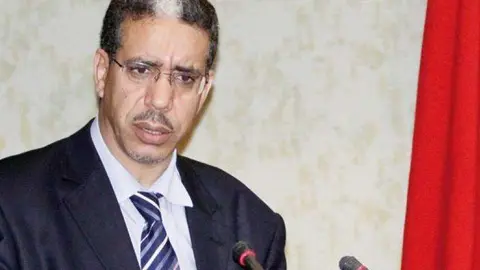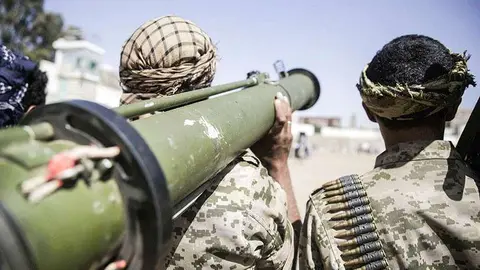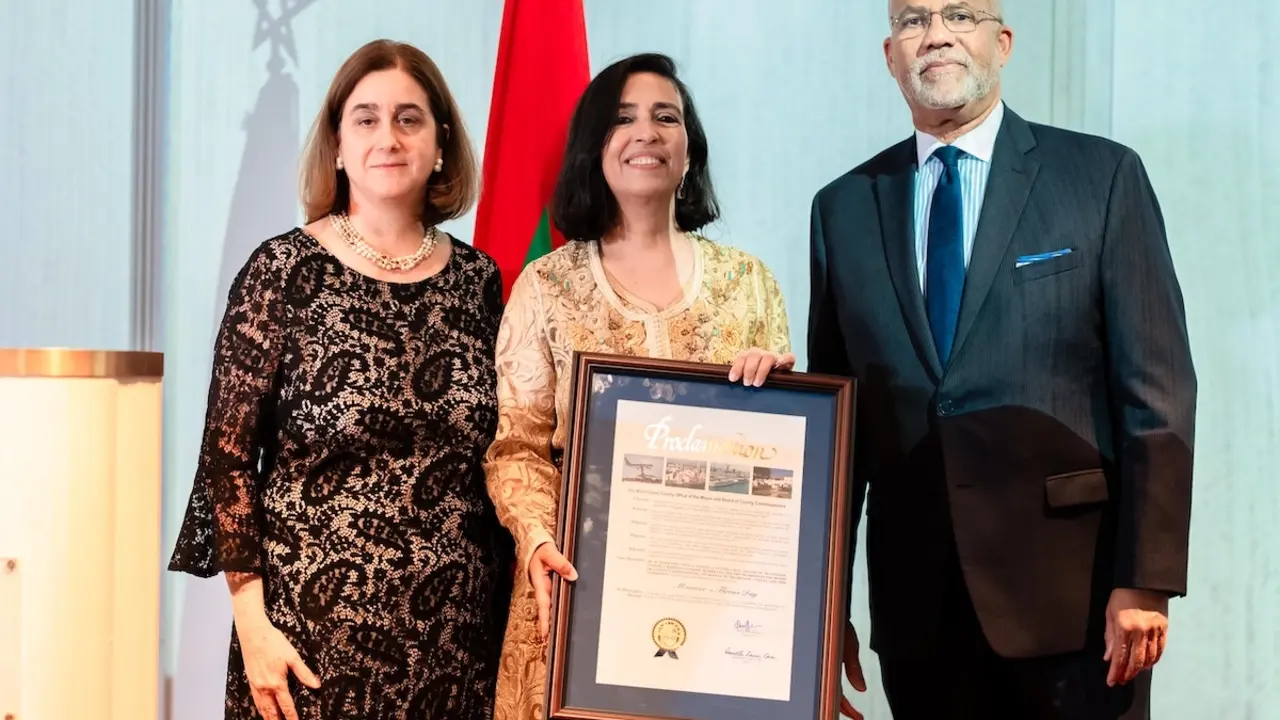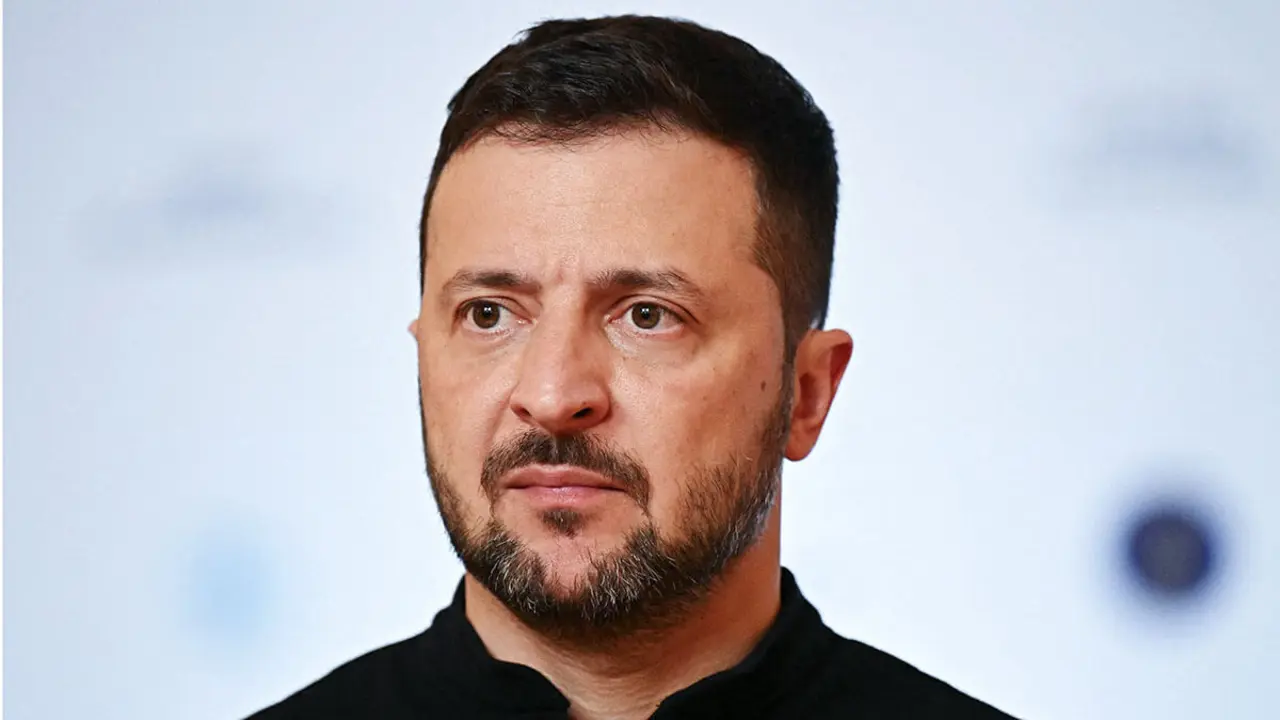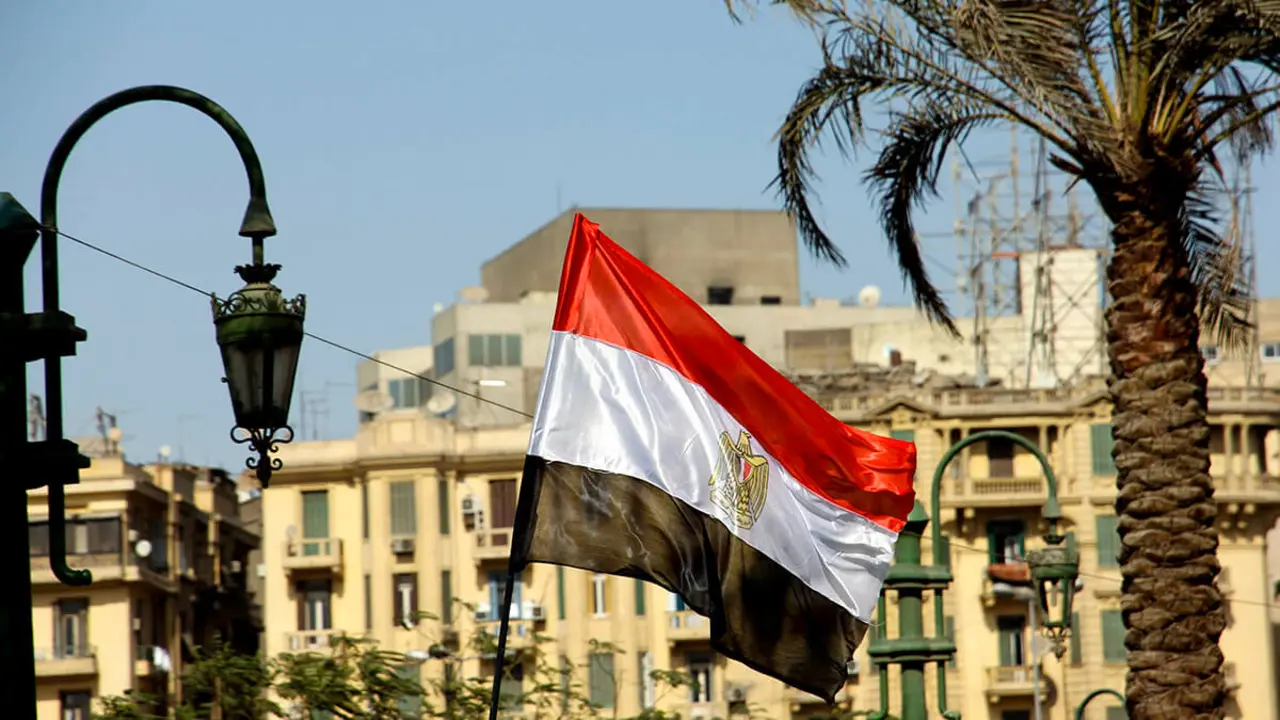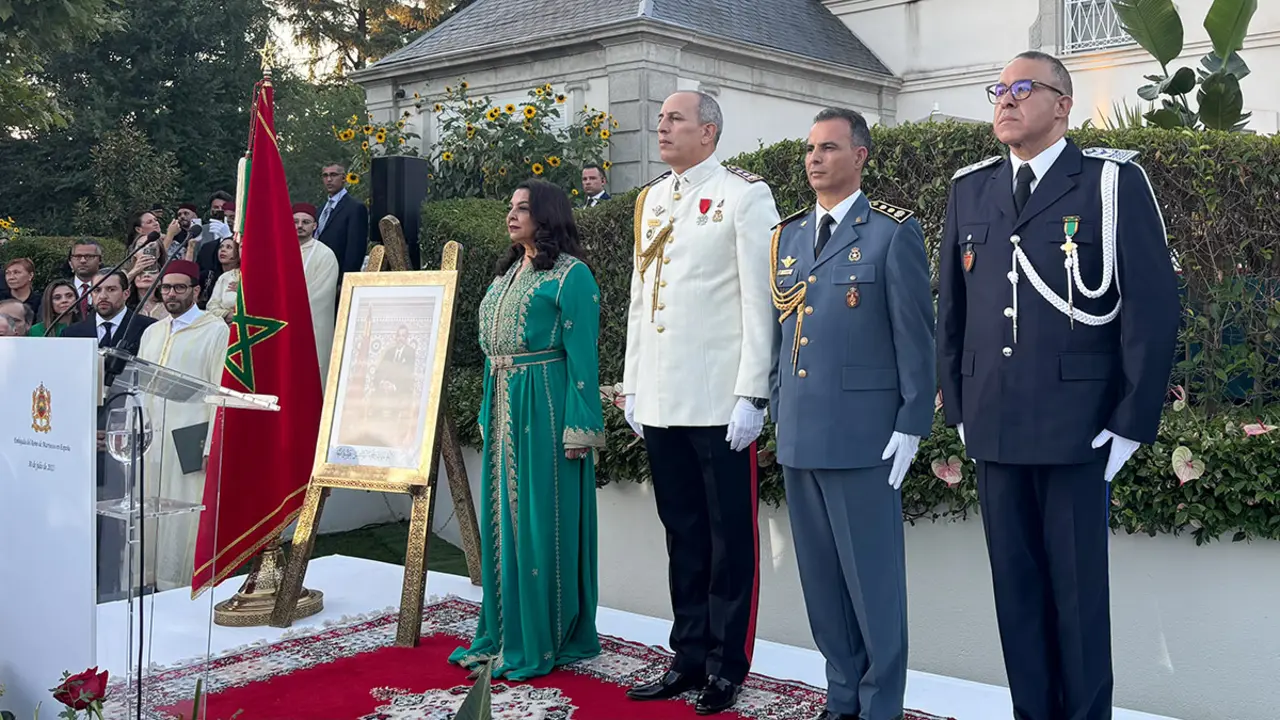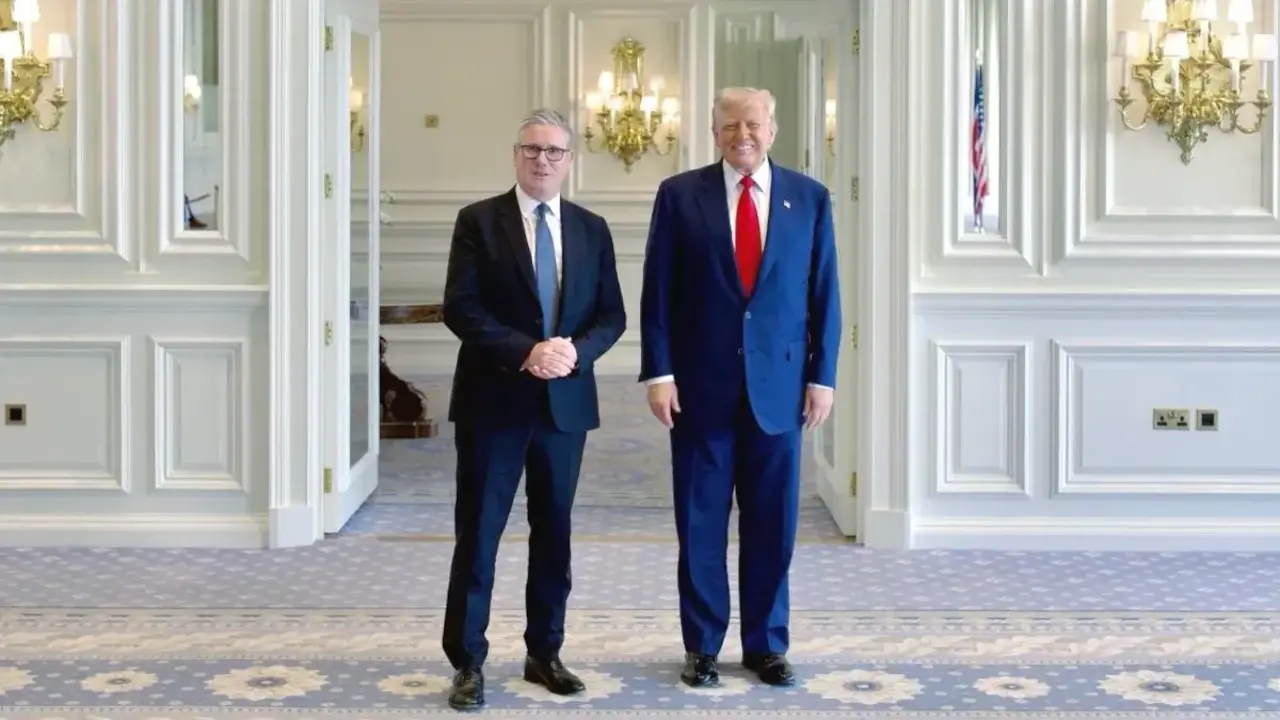France grapples with Muslim Brotherhood expansion

Different voices in France have long been warning about the growing number of Muslim Brotherhood members in the country and the great danger this represents in terms of security, stability and democracy, as well as demographically.
In a report, French researcher Hélène de Lauzun revealed that since 2019 the number of members of the Islamist organisation has increased from 50,000 to 100,000, based on data from a French intelligence expert quoted by Le Journal de Dimanche.
The researcher warns of the movement's penetration into French life, increasing almost daily. In ten years, the percentage of Muslim women wearing the hijab doubled, which is considered a process of cultural Islamisation that is "undoubtedly coordinated". Other aspects of this process of cultural Islamisation include the growing importance of Islamic dress such as the abaya, religious requirements in the workplace and swimming pools, and the rise of what is known as the 'halal trade'.
In the midst of this situation, and aware of the danger, French President Emmanuel Macron recently urged two senior government officials to prepare a report on political Islam and the Muslim Brotherhood to be presented next autumn. This work is supervised by a diplomat who has held numerous posts in Arab countries, the French researcher confirmed.
The French government justified the report in a press release from the Ministry of the Interior on the basis of concerns about the role of the Muslim Brotherhood and its ideology, which runs counter to the principles of the French Republic.
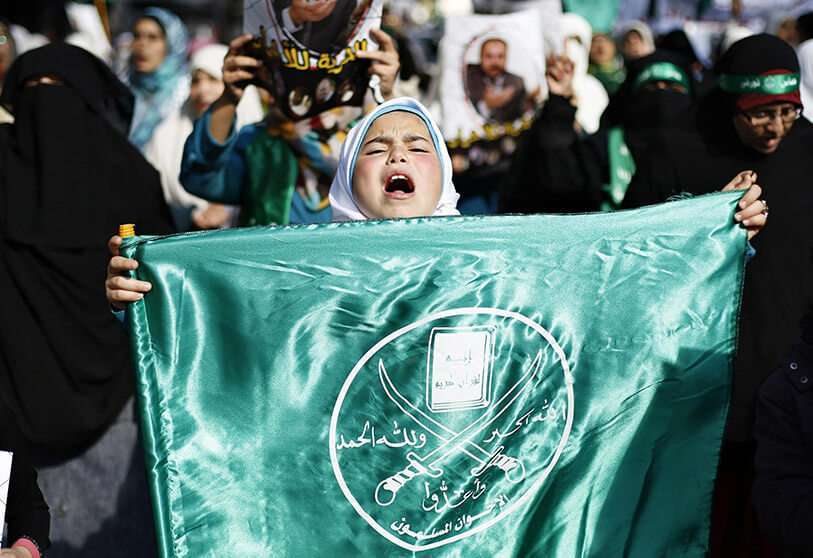
According to the ministry's press release, the mission will be headed by retired diplomat François Goyette, a former ambassador to several Arab nations - including the United Arab Emirates, Tunisia, Libya and Algeria - and Governor Pascal Courtad. Together they are to prepare 'a report on the influence of political Islam in France'.
Interior Minister Gerald Darmanin mentioned in the communiqué a "race against time" and "a cultural/institutional battle against an evil organisation". The rise of the Muslim Brotherhood's influence has been seen by Darmanin as a "challenge", as the movement "does not use terrorism, but uses softer methods, but works effectively to gradually convert all segments of society to the Islamic ranks".
The minister alerted the public, in particular "those who cooperate with the Muslim Brotherhood without knowing it, among the population but especially among public actors", such as judges, elected representatives and academics.

Darmanin revealed that he wanted to draw inspiration from Austria's policy towards the Muslim Brotherhood. Vienna blacklisted the organisation in 2021, describing it as an "extremist group linked to religiously motivated crimes". Since then, Austria has banned the wearing or distribution of symbols of the organisation, making it the first European country to take such a tough stance against the Islamist group.
Speaking to Le Journal du Dimanche, the interior minister considers it essential to convince public opinion and decision-makers of the need to act against the organisation and to support any action France might take against the Muslim Brotherhood.
The organisation sees France as a potential target, as it is the European country with the largest number of Muslims, with more than 6 million people.

"The Muslim Brotherhood has worked to create a financial and intellectual empire since 1978 with the aim of deepening its presence and strengthening its influence in French society," says the European Centre for Intelligence and Counterterrorism Studies. The institution also warns of the "relationship of interests with a number of political parties within France".
France has more than 250 Islamic associations throughout its territory, including 51 organisations working on behalf of the Muslim Brotherhood. These groups, according to the European Centre for Intelligence and Counterterrorism Studies, "engage in political activities and work on behalf of extremist groups" whose aim is to expand among French Muslims and establish a caliphate system.
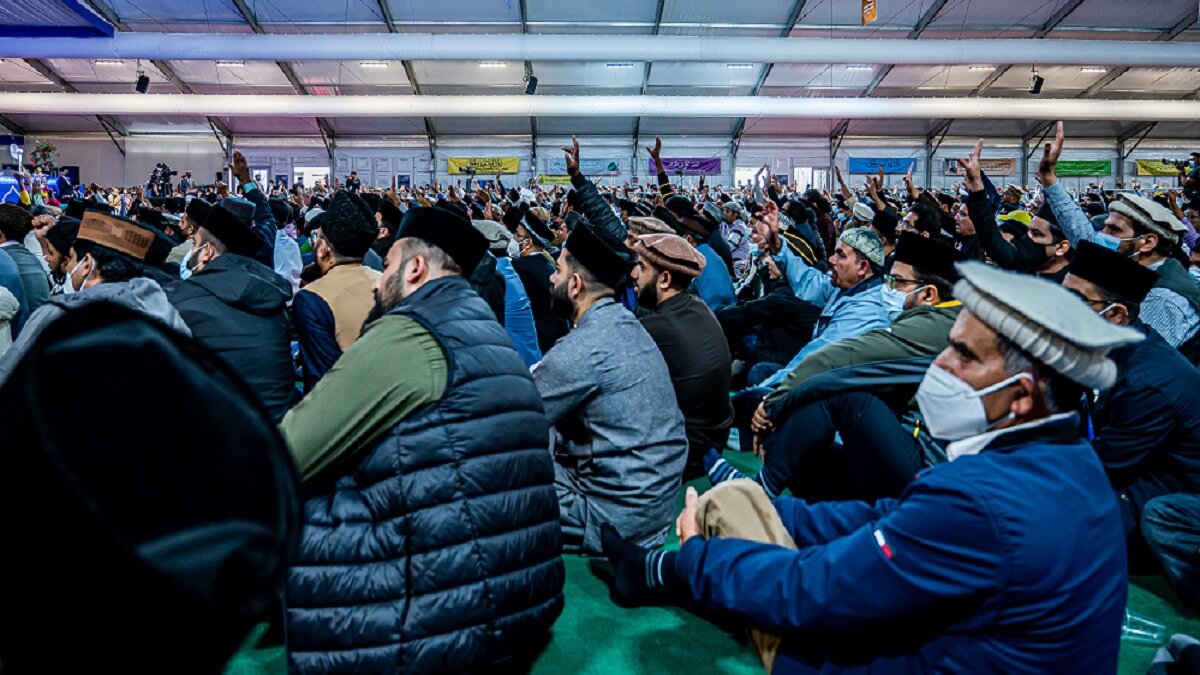
For years, different French governments have sought mechanisms to address this expansion by training specialists in moderate Islam in France while ensuring that they meet the requirements for integration into French society. These include efforts to promote the French language, protect cultural diversity, respect for heritage, history, the country's rights, principles and values.
Macron, for his part, has been fighting for years against what he describes as 'Islamic isolationism' in France's poor neighbourhoods, where a 'counter-society' dominated by Islamic law is created.
Paris has taken steps in recent years to limit Islamic expansion on its territory. In July 2021, for example, the authorities passed the law "Principles to promote respect for the values of the Republic" despite controversy and accusations of Islamophobia.
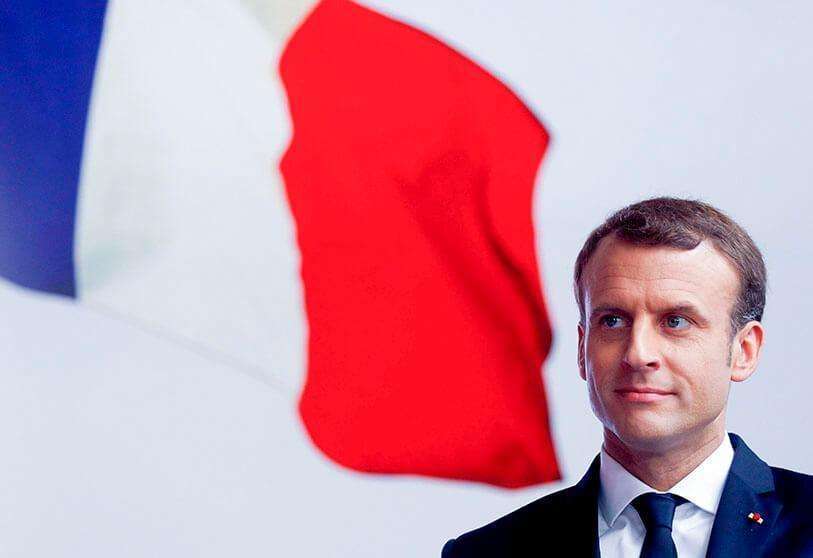
This law provides for the closure of mosques and associations affiliated with Islamists. It also imposes restrictions on the freedom of families to educate their children at home and bans the wearing of the hijab in pre-university education institutions.
French researcher Hélène de Lauzon also proposes a series of measures for the French authorities to take, noting that dissolving the organisation is considered impossible because the group does not officially exist.
However, despite this, the shadow of the Muslim Brotherhood looms over many organisations based on French territory, such as the French Muslim Association, whose president, Ammar Al-Asfar, announced in 2017 that he belongs to its Muslim Brotherhood school of thought.
Also the Endowment Fund of the French Muslim Association publicly acknowledged its link to the Muslim Brotherhood in its activity report. De Lauzon claims that the French government has the means to dissolve some of these organisations, but lacks the will to do so.


